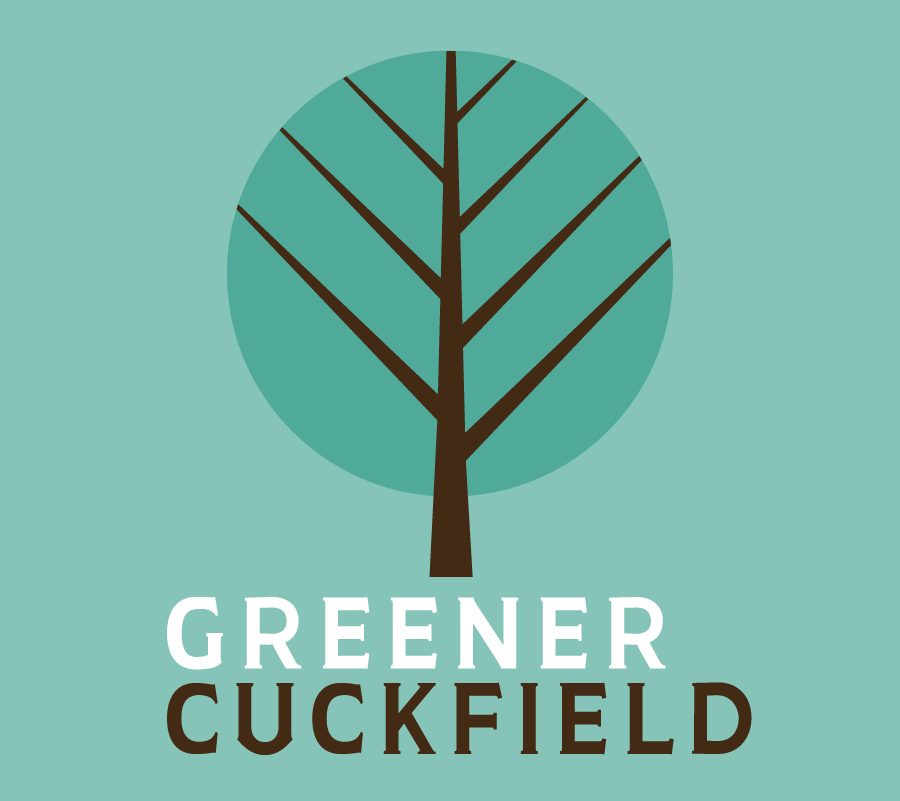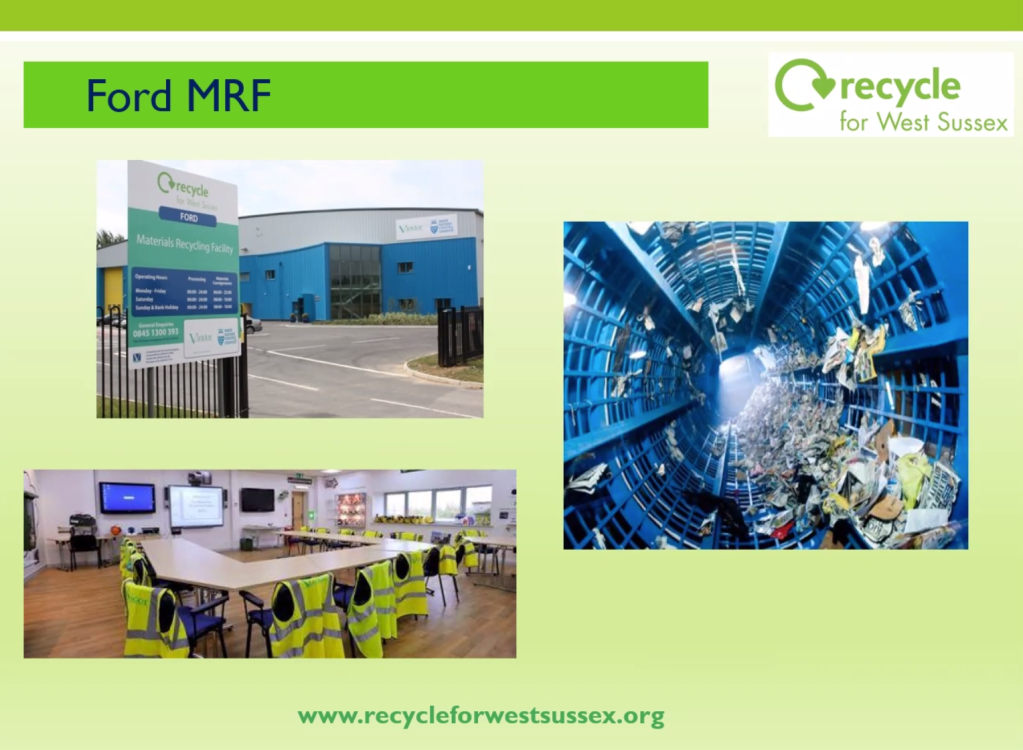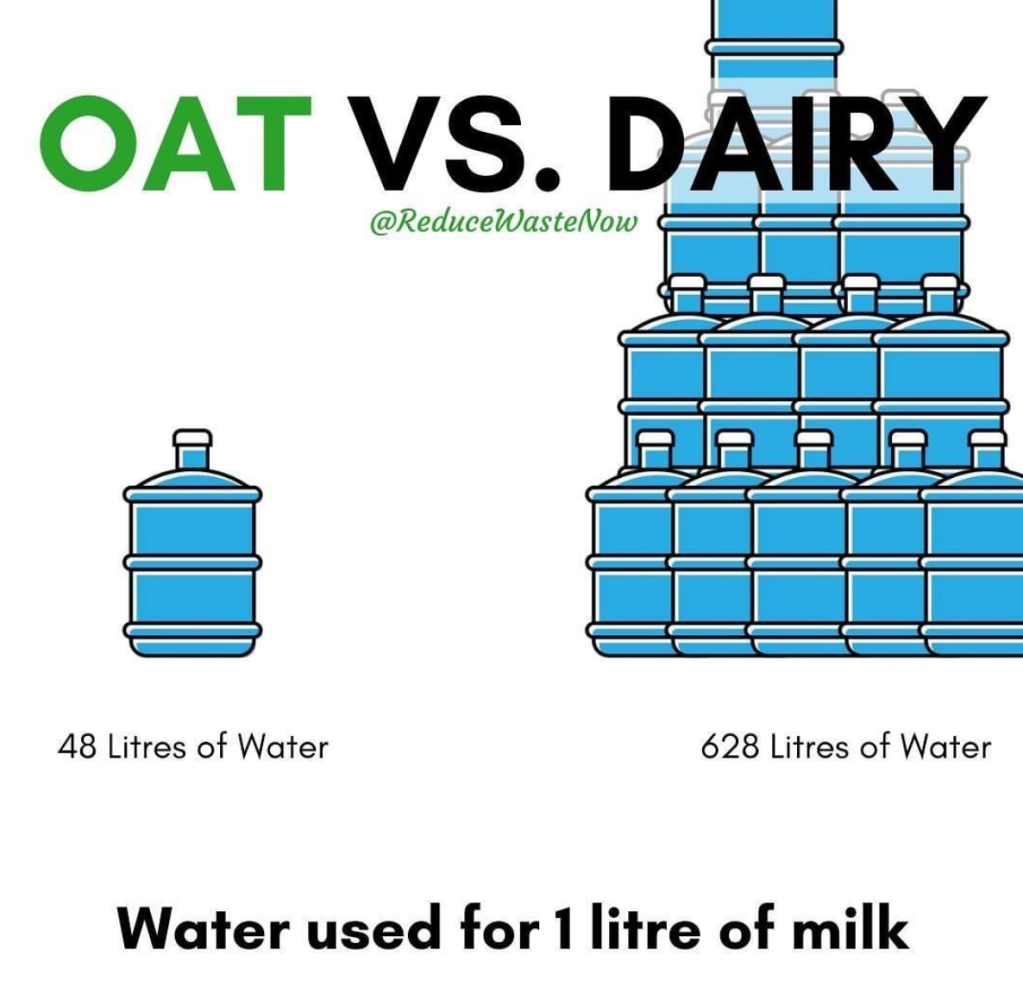As the food in our shops and restaurants gets more and more difficult to afford, we are all looking for ways to reduce costs. Even though it’s a tricky time, many of these changes we can make are a win for the environment.
Each year a mind bending 2.5 billion tonnes of food goes to waste – and when that happens it’s all the energy and water used to produce the food which is wasted too. There are waste issues with our entire food and farming systems that might feel we can do little about, however by far the biggest area of waste is actually at home. Reducing this waste is seen as one of the easiest fixers to help the climate crisis. So this one is up to all of us.
We are all guilty of finding half a mouldy vegetable lurking in the bottom of the fridge, or popping to the shop to get an easy dinner rather than getting creative with the aubergine which really needs using up. But with planning, a few adaptable recipes up your sleeve, and an open mind we can all eat the food we have.
In the last couple of months I’ve found a couple of really easy wins which have made a real difference to our eating and shopping. First, I labelled things in the freezer – an oddly satisfying job – but it means I can easily access a previous dinner or batch cook for my lunch at work. The freezer is a definitely a food waste friend – there is so much you can freeze when it’s cheap and in season and have any time of the year. Secondly, I started making soup out of all the droopy vegetables and the impossible to use celeriac or swede which crops up in my veg box this time of year. I have also treated myself to an airfyer, which is an expense I know, but I barely turn our oven on any more so it’s a big save on fuel and great for waste reduction – veg peel crisps anyone?
I would also recommend the recipes on the Oddbox website – they have a whole zero waste category (and now deliver locally if you fancy) https://www.oddbox.co.uk/recipes/categories/zero-waste. A lot of the recipes are about being flexible with ingredients. My husband is a real recipe follower, and finds this hard, but a leek works just like an onion and kale can be replaced by anything leafy in most recipes. Whilst we are thinking vegetable – one of the easiest ways to save money (and help the environment in terms of fuel and water use) is to eat less meat. I do know it can take more planning and cooking to dish up veggie food – but there are so many amazing recipes all over the internet now. The Real Junk Food Project in Brighton – a fab initiative – have also just published a book full of recipes https://www.realjunkfoodbrighton.co.uk/recipebook/.
My last tip are the waste apps – Too Good To Go is a great app, especially for hungry students who need a carb fix. But it’s not just sandwiches you can get must cheaper than usual – I’ve had local lagers, coffee beans and even sushi from Too Good To Go. Another one to look at is Olio for all sorts of things to swap or borrow locally including left over food. And whilst we are on free, local things, you can also sign up to your local Freecycle sites.
Finally, for more information about food poverty and all the local projects that are there to support us when we really are finding the costs of food to much visit https://www.msva.org.uk/get-help-with-food
by Nicola Brewerton
Photo by Jonathan Borba on Unsplash







